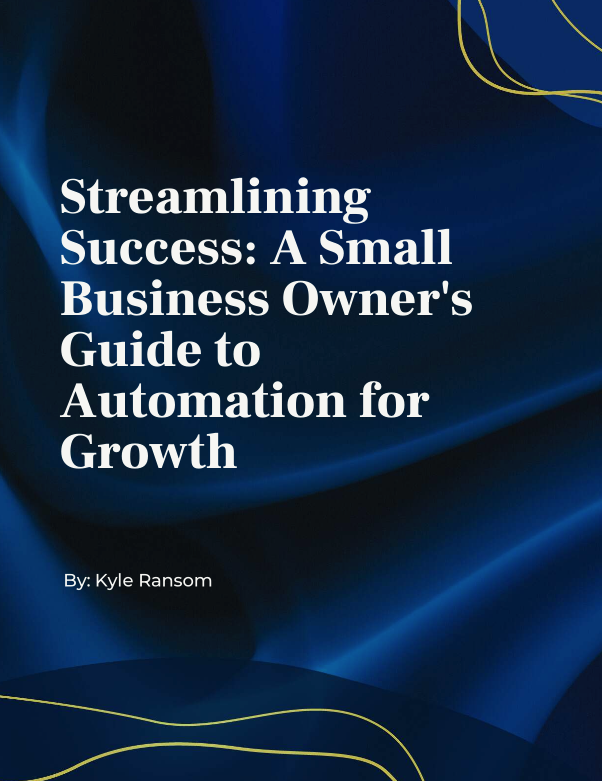Understanding Small Business Valuation: Why It Matters
Running a small business takes dedication, passion, and years of effort. Whether you’ve built a company from the ground up or acquired a growing enterprise, knowing its true value is crucial. Small Business Valuation is more than just a number—it’s the foundation for financial planning, mergers, acquisitions, and exit strategies.
Many business owners overlook valuation until they’re ready to sell, but understanding your business’s worth helps with strategic decisions. Whether you’re considering expansion, securing investment, or preparing for a future sale, a well-determined valuation empowers you to move forward confidently.
In this guide, we’ll dive deep into valuation methods, key influencing factors, and strategies to enhance your business’s market appeal.

How to Determine Small Business Valuation
Valuing a business isn’t an exact science, but experts use several standard approaches to arrive at a fair estimate. Depending on your industry, revenue structure, and assets, a different method could be more useful for your specific case. Below are three commonly used valuation methods:
- Market-Based Valuation: This approach compares your business to similar companies that have recently sold. It’s useful if your industry has a lot of comparable sales.
- Income-Based Valuation: Based on earnings potential, this involves evaluating revenue streams, profitability, and cash flow projections. Common formulas include EBITDA (Earnings Before Interest, Taxes, Depreciation, and Amortization) and Discounted Cash Flow (DCF) analysis.
- Asset-Based Valuation: This method calculates the value of physical and intangible assets minus liabilities—ideal for businesses with significant physical assets like manufacturing firms.
Each method provides valuable insight into business worth, but using a combination creates a well-rounded assessment.
What Factors Influence Small Business Valuation?
Several factors contribute to how investors, buyers, or accountants determine valuation. Understanding these elements allows you to position your company for a higher valuation.
Revenue and Profit Margins
Growth in revenue and sustainable profit margins signal a strong business. Buyers typically prefer consistent cash flow and profitability over fluctuating earnings.
Industry Growth and Market Trends
Your industry’s overall health plays a role. A booming sector typically increases valuation, while entering a declining market can reduce your business’s attractiveness.
Customer Base and Retention
Diversification reduces risk. A company dependent on a handful of clients is seen as vulnerable, whereas a broad customer base signals long-term viability.
Recurring Revenue Streams
Subscription models, long-term contracts, or retainers significantly improve valuation by demonstrating predictable income.
Operational Scalability
Businesses with automated operations, replicable processes, and minimal owner dependency are valued higher because they offer seamless transition opportunities.
Brand Reputation and Online Presence
Strong branding, positive online reviews, and a professional digital presence increase perceived business value.
Competitive Advantages
Exclusive technology, intellectual property, patents, or unique selling propositions make your business attractive to potential buyers.
Debt and Liabilities
High liabilities or debt impact business valuation negatively, while a debt-free company with strong financials holds better negotiating power.

Steps to Prepare for Small Business Valuation
Getting the best valuation takes preparation. Organizing financial records, refining business operations, and making strategic improvements can positively influence your company’s worth.
- Organize Financial Statements: Ensure all financial records, tax returns, and income statements are accurate and up to date.
- Streamline Operational Processes: Document workflows, establish SOPs, and implement automation where possible.
- Reduce Business Risks: Address legal issues, mitigate heavy reliance on a few clients, and strengthen customer contracts.
- Invest in Branding: Improving customer perception and online presence adds marketable appeal.
- Hire Valuation Experts: Getting a professional valuation ensures an objective market assessment.
For more preparation tips, check out How to Prepare Your Business for Sale.
Common Pitfalls to Avoid in Small Business Valuation
Many business owners make valuation mistakes that can cost them time, money, and potential deals. Avoid these common pitfalls:
- Overestimating Emotional Worth: Owners often overvalue their businesses due to personal attachment—stick to data-driven valuations.
- Poor Financial Records: Incomplete or disorganized statements raise red flags for buyers.
- Ignoring Market Trends: Selling at an unfavorable time reduces valuation opportunities.
- Focusing Only on Revenue: Profits and cash flow matter more than revenue alone.
- Underestimating Due Diligence: Buyers will scrutinize every detail—including debts, contracts, and customer dependencies.
Learn more at How to Sell Your Business Successfully.
Exploring Exit Strategies After Small Business Valuation
After determining your business’s value, choosing the right exit plan is equally important. Consider these options:
- Sell to a Competitor: If your business adds value to an established competitor, an acquisition deal could be lucrative.
- Employee Buyout (ESOP): Transitioning ownership to employees ensures business continuity.
- Merger Opportunities: A merger with a complementary business can enhance synergies and create greater valuation potential.
- Family Succession Planning: If passing the business to family, ensure you’ve set up the necessary legal and financial structures.
- Sell to Private Equity: Investors may be willing to purchase businesses with strong growth potential.
- Installment Selling: Structured payments allow buyers flexibility while securing post-sale income.
- Licensing Business Model: Licensing intellectual property while retaining ownership generates passive income streams.
For more strategies, explore How to Exit Your Business When Family Isn’t an Option.
Your Next Steps for Small Business Valuation
Small Business Valuation isn’t just about selling—it’s about planning smarter and strengthening your company’s future. Whether it’s for financial clarity, investment opportunities, or exit planning, knowing your company’s value puts you in control.
Want an estimate? Get a free valuation now and take the next step toward securing your business’s success.
“`


No responses yet